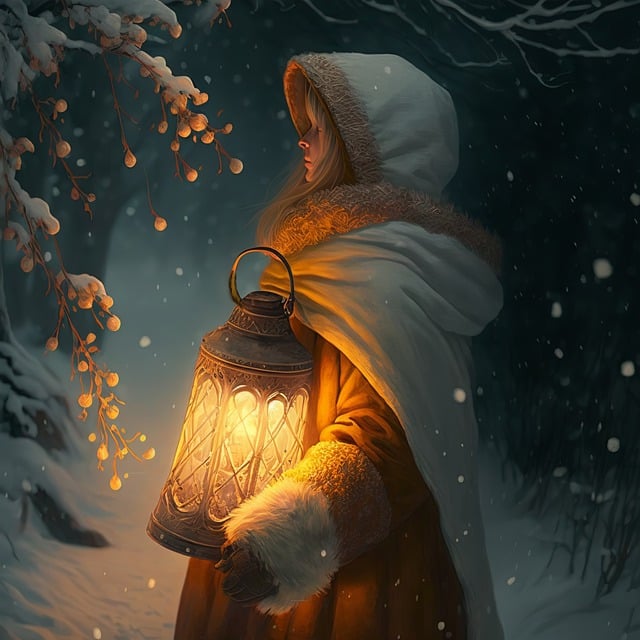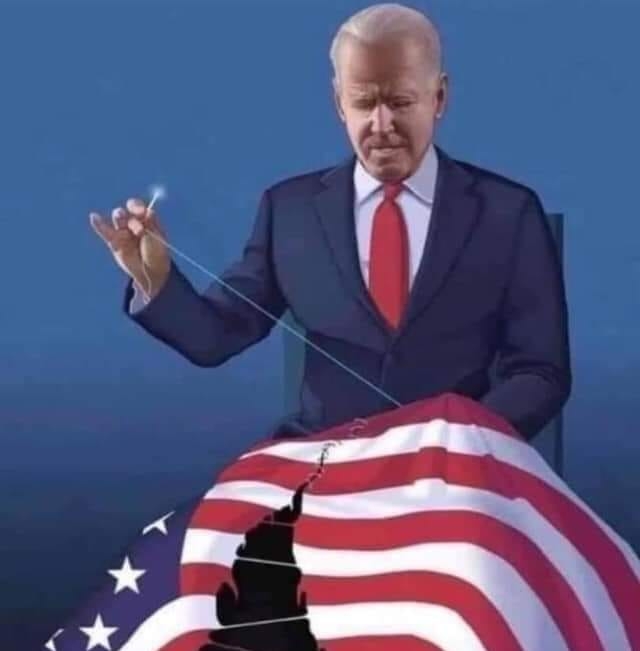Happy Winter Solstice! Within days, daylight will last a few minutes longer and we will be able to sense “the light at the end of the tunnel.”
I’m looking forward to that…
I’m trying to imagine what the winter solstice was like for so many cultures, especially in the northern hemisphere at higher latitudes where the difference between daybreak and nightfall is so dramatic between the winter and summer solstices.
In some areas of Alaska, nightfall last months before the next sunrise during wintertime. Here in the Seattle-Tacoma area, the difference is more than eight hours of daylight during winter and summer solstices.
In ancient times, before electricity and artificial refrigeration, the sun was the life-bringer, the provider of flocks and fields. During the depths of winter, ancient people had to lay in stores of edibles for themselves and for the few animals they would keep for slaughter during the lean months. They had only campfires and candles to see by after nightfall. They had to more or less hibernate — to stop expending unnecessary energy — to be able to survive during the lean months. And yet they had to fetch water, build campfires, prepare meals, visit trap lines, and engage in other activities of daily living that required burning calories.
Most (but not all) of us living in first world countries have no idea…
When I lived on our ranch in Cle Elum, we had to cut up enough wood to keep our wood stove burning, although we had electricity for other things: refrigeration, appliances, television, radio. Just doing that required all hands on deck. And those were pretty much the only advance prep we had to make for winter, other than covering the windows with heavy plastic to keep our two-story stagecoach stop home warm and making sure the outside spigots were wrapped so pipes didn’t break. Mom, Jackie and Laurel did some canning of preserves indoors while Dad, Mom and I (and sometimes the sisters, too) tilled the fields, fed cattle and horses, and filled the barns with hay and straw. Jackie was severely allergic to hay, Laurel less so, so that’s why the division of labor there. And even then, at times Laurel and Jackie worked in the fields, too, pitching rocks into trucks to be hauled away and dumped into a gorge.
It was hard work. But it was nothing compared to what our forebears had to do to survive winters in northern climes.
What we did wasn’t even as hard as what our parents had to do to survive The Great Depression. My mom didn’t have electricity in her home until she was 16. They had gardens and chickens and other ways to stay alive, which city folks didn’t have, but it all required hard work.
And again, that was during present times. But it was before Social Security and Medicare. People were pretty much on their own in their old age, millions of them living in refurbished chicken coops.
And STILL, that wasn’t as challenging as our ancient ancestors…
On this winter solstice, I’m counting my blessings. For literally thousands of generations before mine, survival was far more challenging than it is for most of us these days. Most of our present challenges are man-made (heavy on man, as opposed to all humans), and can be solved by voting faithful stewards into office instead of foul scoundrels.
In the Olde Days in northern climates, winter was a desperate, frightening span of time. That’s why the Winter Solstice was observed. It signalled that, although the months ahead would be bleak, spring and increasing sunlight would triumph (Sol Invictus) beginning about December 25th, when the Sun would begin to “move” again, returning to the skies overhead longer each day until finally, around March, buds would blossom, fields would grow and animals would leave their burrows, nests, and distant locations to return to bless our forebears with months of plenty.
Our forebears experienced this every year of their lives and lived long enough to give birth. If they hadn’t, we wouldn’t be here now. I honor my forebears for their insistence on persisting through the good times and the bad. I can’t even begin to imagine how unlikely it is that they managed to do that.
Could we?
Can we?
With DNA like that running through our veins, we certainly have a chance.




